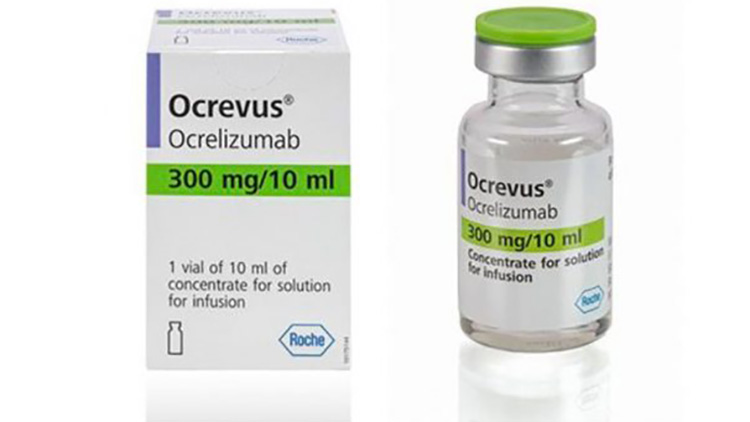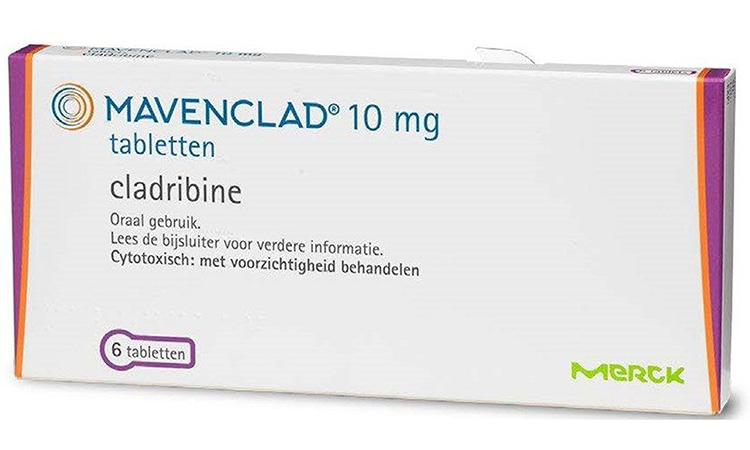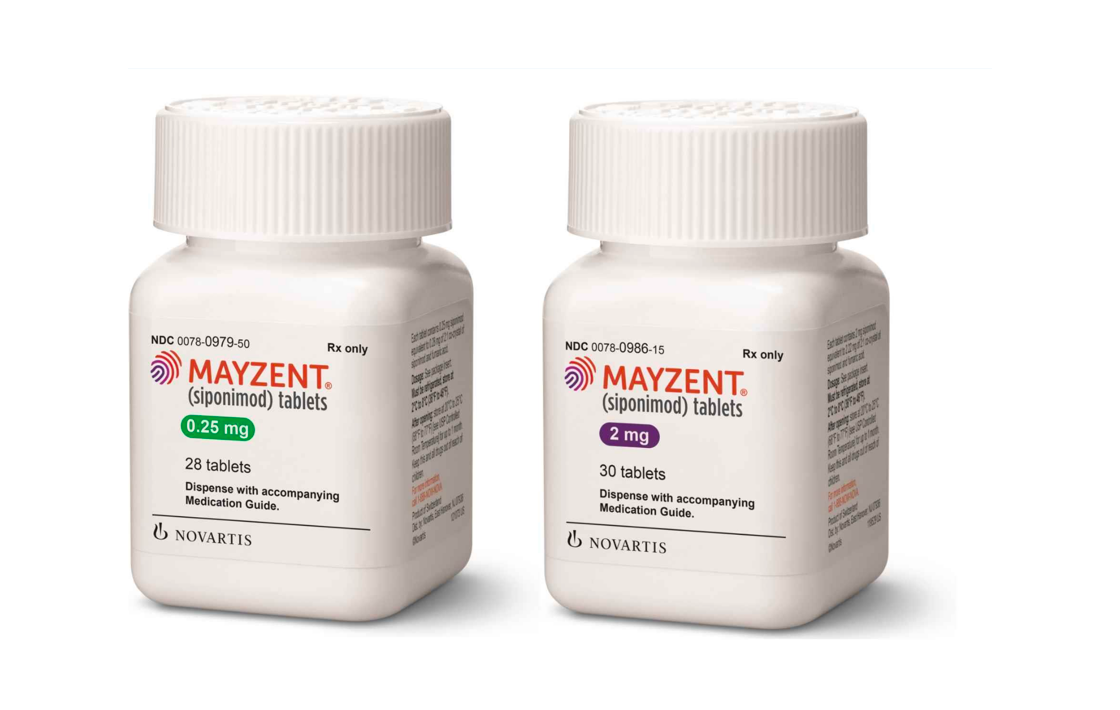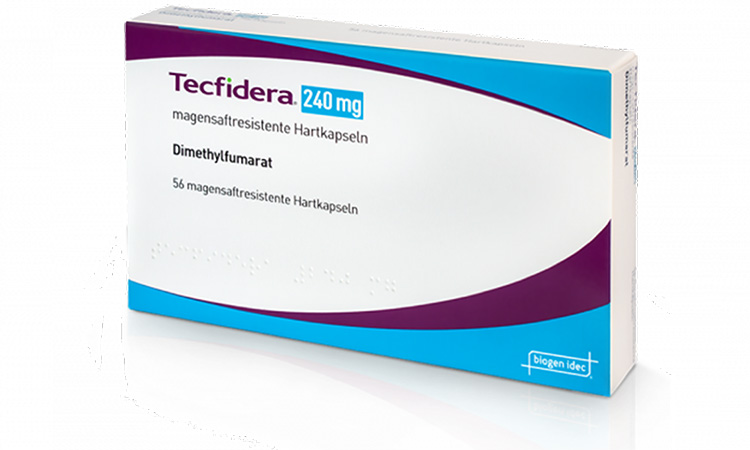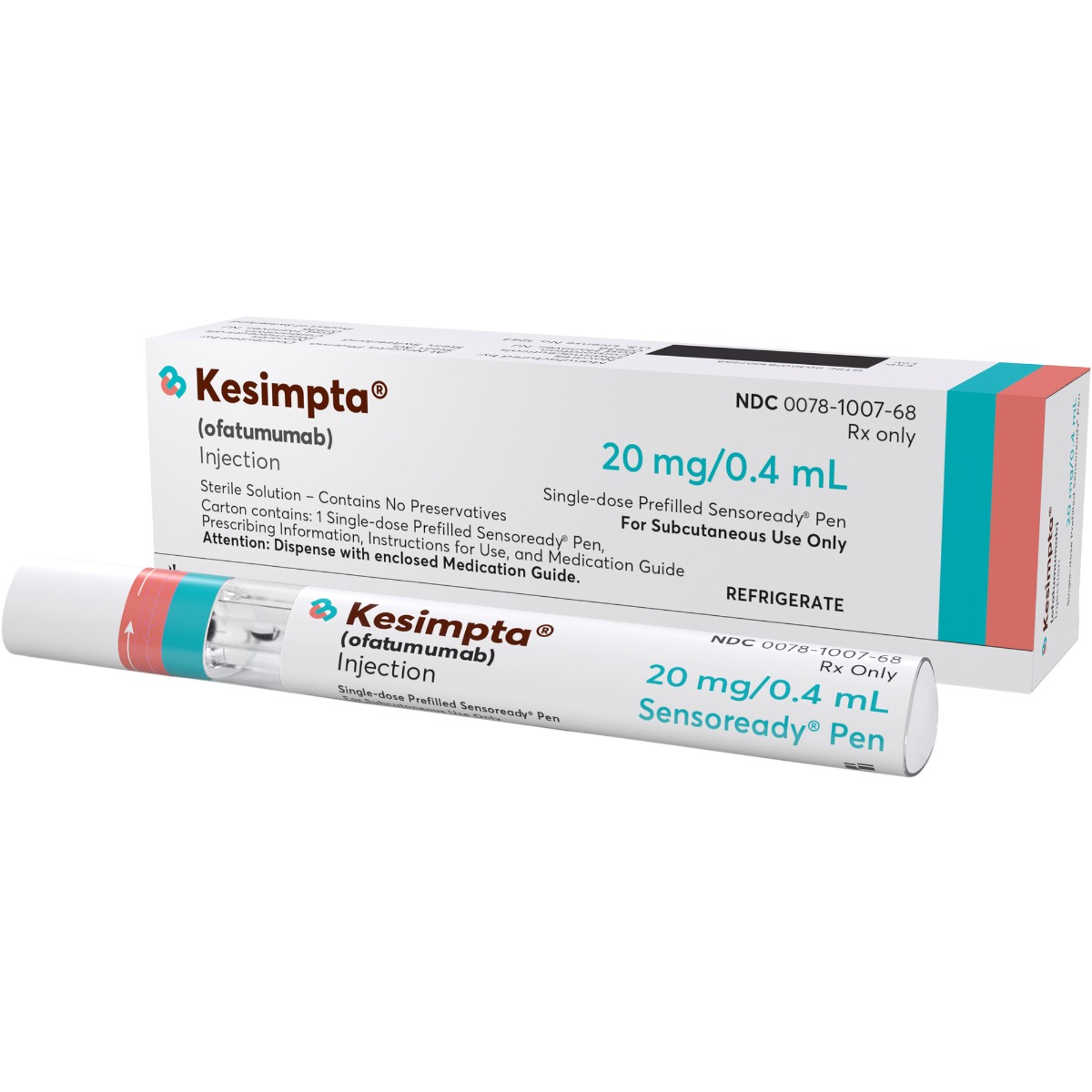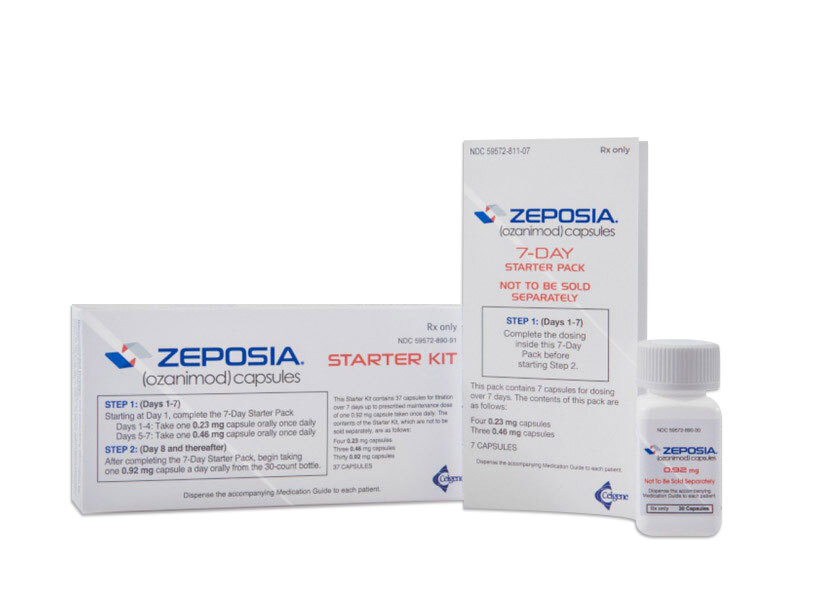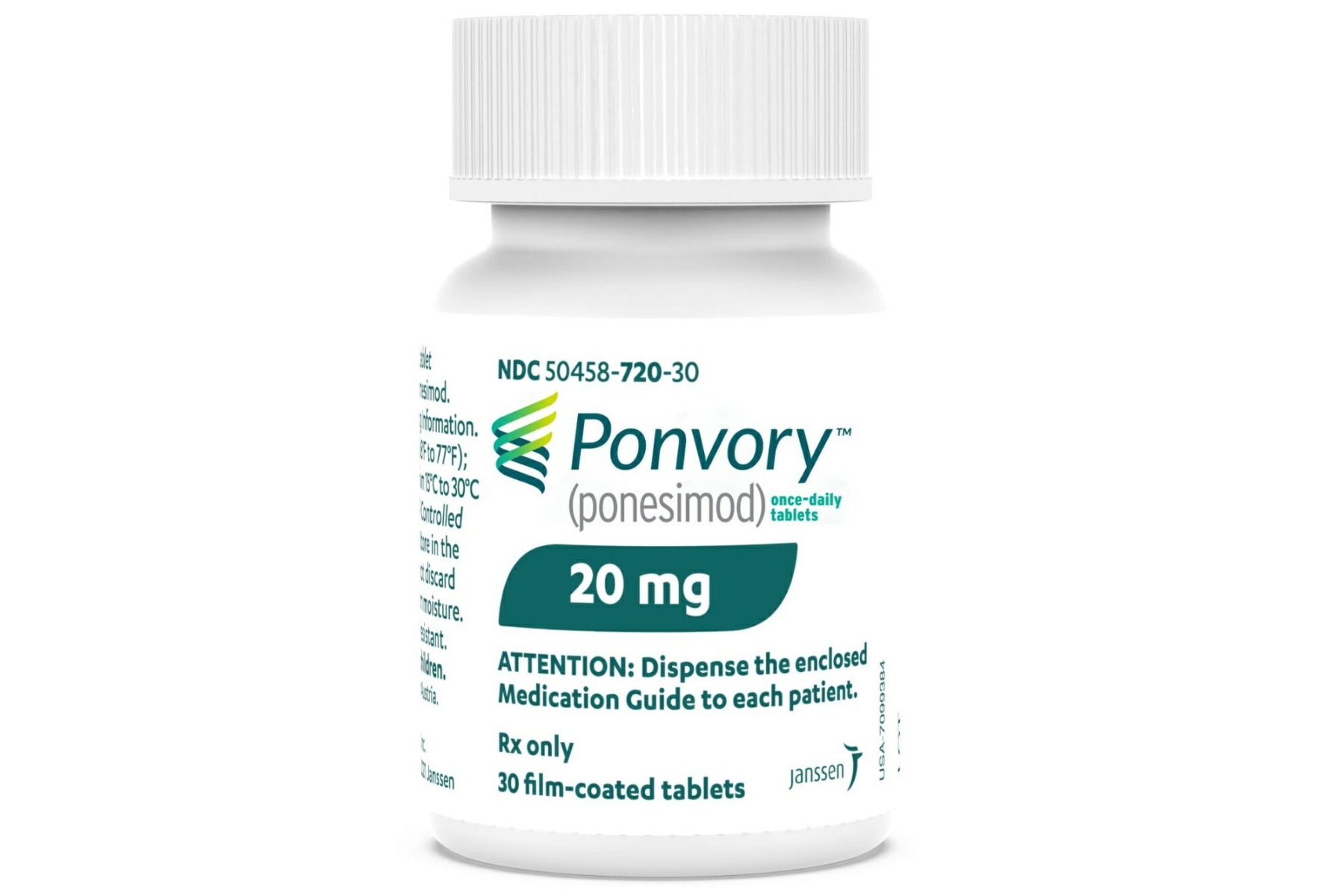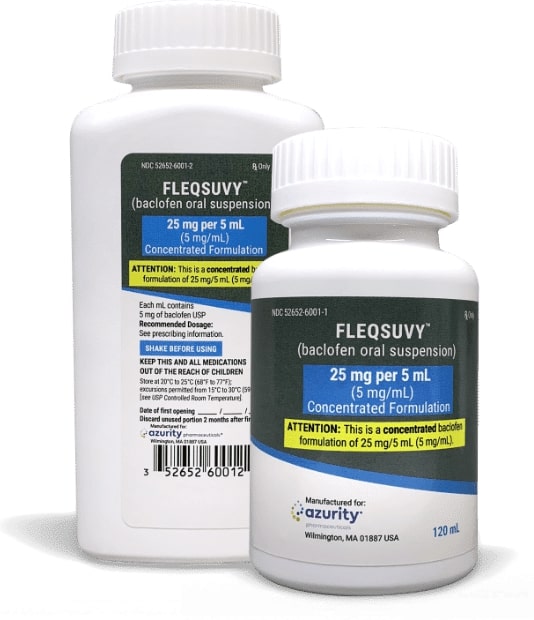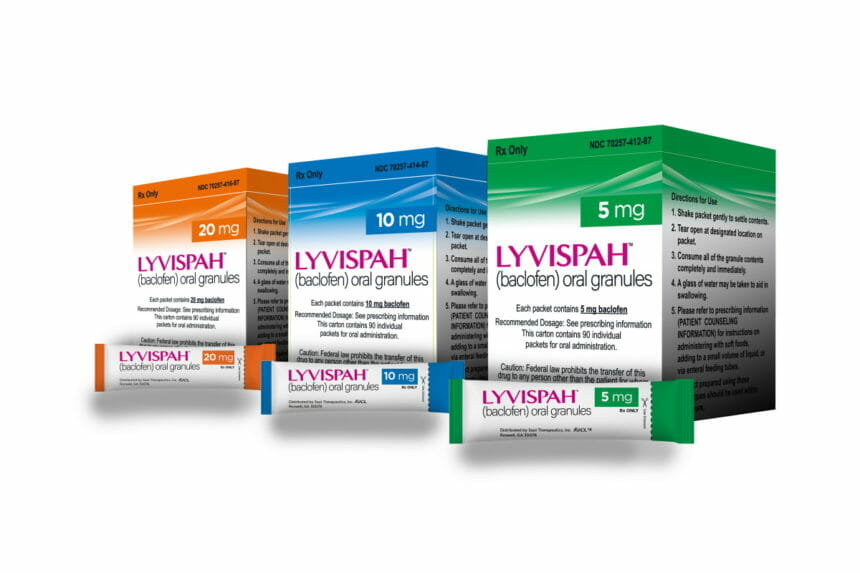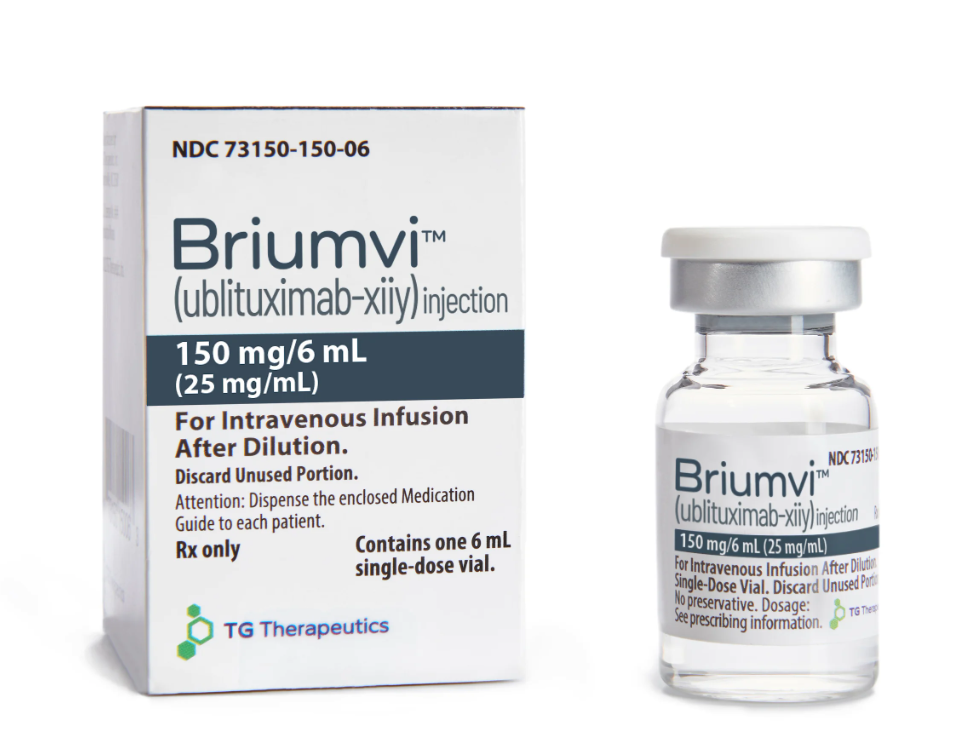New Multiple Sclerosis (MS) treatments 2024
New Multiple Sclerosis (MS) Treatments 2024
Multiple Sclerosis (MS) is a chronic autoimmune disease that affects the central nervous system, comprising the brain and spinal cord. It occurs when the immune system mistakenly attacks the protective sheath, called myelin, that covers nerve fibers, causing communication problems between the brain and the rest of the body. The symptoms of MS can vary widely and may include numbness or weakness in one or more limbs, partial or complete loss of vision, prolonged double vision, tingling or pain in parts of the body, and issues with coordination and balance. The course of the disease can also vary, with some people experiencing periods of new symptoms or relapses followed by periods of partial or complete recovery (remissions). Over time, MS can lead to permanent deterioration or damage to the nerves.
In terms of treatment options for MS, there is currently no cure, but there are several medications available that can help manage symptoms and modify the course of the disease. Disease-modifying therapies (DMTs) are the cornerstone of MS treatment and are designed to reduce the frequency and severity of relapses, slow the progression of disability, and limit new disease activity as seen on MRI scans. The choice of medication depends on the individual's specific circumstances, including disease severity, the frequency of relapses, side effects, and other health considerations. Because MS is a complex and individualized disease, treatment plans often require a multidisciplinary approach, including physical therapy, occupational therapy, and medication management. It is important for patients to work closely with their healthcare provider to determine the most appropriate treatment strategy for their unique situation.

Treatment options
| Treatment option | Estimated cost | Efficacy | Eligibility |
|---|---|---|---|
| Ocrevus (ocrelizumab) | $65,000 per year | Reduces relapse rate | RRMS, PPMS |
| Mavenclad (cladribine) | $60,000 per course | Reduces relapse rate | RRMS |
| Mayzent (siponimod) | $88,500 per year | Slows progression | SPMS, CIS, RRMS |
| Tecfidera (dimethyl fumarate) | $55,000 per year | Reduces relapse rate | RRMS |
| Fampyra (fampridine) | $500-$600 per month | Improves walking speed | MS with walking disability |
| Kesimpta (ofatumumab) | $83,000 per year | Reduces relapse rate | RRMS, CIS |
| Zeposia (ozanimod) | $86,000 per year | Reduces relapse rate | RRMS, CIS |
| Ponvory (ponesimod) | $86,000 per year | Reduces relapse rate | RRMS, CIS |
| Fleqsuvy (baclofen) | $100-$200 per month | Relieves muscle spasticity | MS with spasticity |
| Lyvispah (baclofen) | $100-$200 per month | Relieves muscle spasticity | MS with spasticity |
| Briumvi (ublituximab) | Not available | Reduces relapse rate | RRMS (pending FDA approval) |
| Tyruko (teriflunomide) | $57,000 per year | Reduces relapse rate | RRMS |
| Stem cell therapy (experimental) | Varies widely | Varies; potential to halt disease | Selected cases; not FDA approved |
| Myelin repair therapies (experimental) | Not available | Unknown | Not FDA approved |
Treatments options in detail
First-Line Disease-Modifying Therapies for Multiple Sclerosis
The cornerstone of treatment for relapsing forms of Multiple Sclerosis (MS) includes disease-modifying therapies (DMTs) designed to reduce the frequency and severity of relapses and to slow the progression of the disease. Interferon beta medications (such as Avonex, Betaseron, Rebif, and Plegridy) and glatiramer acetate (Copaxone) are often used as first-line treatments. These medications modulate the immune system to reduce inflammation and are administered through injections.
Oral Disease-Modifying Therapies
Oral DMTs have become increasingly popular due to their ease of administration. Fingolimod (Gilenya) was the first oral DMT approved for MS. Teriflunomide (Aubagio) and dimethyl fumarate (Tecfidera) are other oral options that work by different mechanisms to reduce immune system activity. These medications are typically considered when patients have inadequate response to or are unable to tolerate injections.
Infusion Treatments
For more aggressive forms of MS or in cases where patients have not responded to first-line therapies, infusion treatments such as natalizumab (Tysabri) and alemtuzumab (Lemtrada) are options. These treatments are administered intravenously and work by targeting specific cells of the immune system. Ocrelizumab (Ocrevus) is another intravenous infusion that has been approved for both relapsing and primary progressive forms of MS, making it a significant option for a wider range of patients.
Newer Oral and Infusion Treatments
Siponimod (Mayzent) is an oral sphingosine 1-phosphate receptor modulator approved for secondary progressive MS with active disease. Cladribine (Mavenclad) is an oral medication that selectively targets lymphocytes and is used for relapsing forms of MS. Ofatumumab (Kesimpta) is a subcutaneous injection that targets CD20-positive B cells, offering a once-monthly dosing schedule. Ozanimod (Zeposia) and ponesimod (Ponvory) are newer oral sphingosine 1-phosphate receptor modulators that have been approved for relapsing forms of MS.
Experimental and Off-Label Treatments
There are several experimental treatments and medications used off-label for MS. These include hematopoietic stem cell transplantation (HSCT), which aims to reset the immune system, and various chemotherapy agents. Off-label use of rituximab, another CD20 monoclonal antibody, is also seen in clinical practice despite not being FDA-approved for MS. The off-label use of these treatments is typically considered in more severe cases or when standard therapies have failed.
Symptomatic Treatments
In addition to DMTs, symptomatic treatments are important for improving quality of life. Medications such as baclofen, tizanidine, and diazepam may be used to manage spasticity. For fatigue, amantadine or modafinil can be prescribed. Bladder dysfunction is often treated with anticholinergic medications, while selective serotonin reuptake inhibitors (SSRIs) or tricyclic antidepressants may be used for mood or cognitive symptoms.
Emerging Therapies
Emerging therapies for MS include a range of novel medications. Ublituximab (Briumvi) is a glycoengineered anti-CD20 monoclonal antibody that is administered via infusion. Ponesimod (Ponvory) is an oral sphingosine 1-phosphate receptor modulator that has shown efficacy in reducing relapse rates and MRI lesions. Diroximel fumarate (Vumerity) is a newer agent similar to dimethyl fumarate with potentially fewer gastrointestinal side effects.
Rehabilitation and Lifestyle Modifications
Rehabilitation programs and lifestyle modifications are integral parts of MS treatment. Physical therapy, occupational therapy, and speech therapy can help maintain function and adapt to changes in ability. Regular exercise, a balanced diet, and smoking cessation are lifestyle changes that can positively impact the course of the disease. Vitamin D supplementation is often recommended, as low levels are associated with an increased risk of MS and possibly disease activity.
Medications Under Investigation
Several medications are currently under investigation for the treatment of MS. These include biotin (MD1003), which is being studied for progressive MS, and the antihistamine clemastine fumarate, which has shown potential for remyelination. High-dose biotin and clemastine are not FDA-approved for MS but are subjects of ongoing clinical trials.
Supportive Care
Supportive care, including counseling and support groups, plays a vital role in managing MS. Mental health support can help patients cope with the diagnosis and the emotional challenges of living with a chronic condition. Support groups provide a platform for sharing experiences and strategies for managing symptoms and treatment side effects.
Conclusion
The treatment landscape for Multiple Sclerosis is diverse and continually evolving, with a wide range of options available to tailor therapy to individual patient needs. While the mainstay of treatment is disease-modifying therapies, symptomatic treatments, rehabilitation, lifestyle modifications, and supportive care are all important components of a comprehensive treatment plan. Ongoing research and clinical trials continue to expand the options available, offering hope for improved outcomes for individuals living with MS.
Symptoms
Most Common Symptoms of Multiple Sclerosis (MS)
Multiple Sclerosis (MS) is characterized by a range of symptoms due to the immune system mistakenly attacking the protective sheath (myelin) that covers nerve fibers. The most common symptoms experienced by individuals with MS include fatigue, which is reported by a significant majority of patients. This fatigue is not simply a feeling of tiredness but is often described as a debilitating sense of exhaustion that can significantly impair daily activities.
Numbness or tingling sensations, often starting in the limbs, are also frequently reported. These sensations can range from mild to severe and may affect the arms, legs, or one side of the face. Muscle weakness, often in the limbs, can occur, leading to difficulties with coordination and balance. This can affect mobility and may result in the need for mobility aids.
Visual disturbances are also common and can include partial or complete loss of vision, typically in one eye at a time, often with pain during eye movement. This is known as optic neuritis. Double vision or blurring of vision are other visual symptoms that individuals with MS may experience.
Spasticity, which refers to feelings of stiffness and a wide range of involuntary muscle spasms, is another symptom common in MS. This can also contribute to the difficulties with movement and coordination. Additionally, individuals may experience dizziness and issues with balance and coordination, sometimes leading to falls and gait disturbances.
Other Neurological Symptoms
Cognitive changes are common in individuals with MS, including problems with memory, attention, processing information, and problem-solving. These cognitive symptoms vary widely among individuals and can impact performance at work and in other daily activities.
Emotional changes are also prevalent, with depression and anxiety being more common in individuals with MS compared to the general population. Mood swings and irritability can occur, as well as episodes of inappropriate laughing or crying known as pseudobulbar affect.
Pain is a symptom experienced by many individuals with MS. This can be neuropathic pain, which is directly related to MS nerve damage, or musculoskeletal pain due to strain on muscles and joints from mobility and gait changes. The pain may be chronic or episodic and can vary greatly in intensity.
Sexual dysfunction is another symptom that can occur in MS, affecting both men and women. This can include a decrease in sexual desire, difficulty achieving arousal or orgasm, and erectile dysfunction in men.
Bowel and bladder dysfunction are also common symptoms. Individuals may experience increased frequency or urgency of urination, difficulty emptying the bladder completely, or bowel incontinence. Constipation is another frequent concern.
Less Common Symptoms
Less commonly, individuals with MS may experience seizures, hearing loss, or breathing problems. Speech disorders such as dysarthria (difficulty articulating words) and dysphonia (difficulty producing vocal sounds) can also occur.
Tremor, or uncontrollable shaking, can affect various parts of the body and can interfere with daily activities. Severe tremors in MS can be challenging to manage and may require specific interventions.
Swallowing problems, known as dysphagia, can lead to difficulties with eating and drinking and increase the risk of aspiration, which can cause pneumonia. This symptom may necessitate dietary modifications or medical interventions to ensure safety and adequate nutrition.
Rarer Symptoms and Complications
Although less common, some individuals with MS may experience symptoms such as slurred speech, seizures, and breathing problems. These symptoms can be indicative of more extensive nerve damage or complications arising from MS.
Headaches, although not typically associated with MS, can occur more frequently in individuals with the condition. They may be related to the stress of living with a chronic illness or may be a side effect of medications used to treat MS or its symptoms.
Hearing loss is a rare symptom in MS but can happen when lesions affect the auditory nerves. This can range from mild to severe and may be temporary or permanent.
Itching and other sensory disturbances that do not have an identifiable cause can also be a symptom of MS. These sensations can be persistent and difficult to manage.
Finally, a rare and severe form of MS called Marburg variant MS can cause rapid onset of symptoms and significant neurological decline. This form of MS can be life-threatening and requires immediate medical attention.
Relapses and Progression
MS is a disease with a highly variable course. Some individuals experience relapses (also known as exacerbations or attacks) followed by periods of partial or complete recovery (remissions). During relapses, new symptoms may appear or existing symptoms may worsen. The progression of MS can also lead to the gradual accumulation of disability over time, although the rate and extent of progression can vary widely among individuals.
It is important to note that not all individuals with MS will experience all of these symptoms, and the severity of symptoms can vary greatly from person to person. The unpredictable nature of the disease means that symptom patterns can be different for each individual, and management strategies are often tailored to the specific needs of the patient.
Cure
Current Status of Multiple Sclerosis Cure
As of the latest medical research and knowledge, there is no cure for Multiple Sclerosis (MS). MS is a chronic autoimmune disease that affects the central nervous system, leading to a wide range of symptoms that can vary greatly in severity. The disease involves an immune-mediated process in which the body's immune system mistakenly attacks healthy tissue in the central nervous system.
Understanding the Nature of MS
Multiple Sclerosis is characterized by the damage to myelin, the protective sheath that covers nerve fibers, which results in communication problems between the brain and the rest of the body. The course of MS is unpredictable, and it can range from relatively benign to somewhat disabling to devastating, as communication between the brain and other parts of the body becomes disrupted.
Treatment Goals for MS
While a cure for MS remains elusive, the goals of treatment are to manage symptoms, reduce the frequency and severity of relapses (also known as exacerbations or flare-ups), slow the progression of the disease, and maintain quality of life. Treatment strategies involve the use of disease-modifying therapies (DMTs), symptomatic treatments, and lifestyle modifications.
Disease-Modifying Therapies (DMTs)
Disease-modifying therapies are a cornerstone of MS management. These medications are designed to alter the course of the disease by reducing the rate of relapses and delaying the progression of disability. DMTs include a variety of drugs such as interferon beta preparations, glatiramer acetate, fingolimod, dimethyl fumarate, teriflunomide, natalizumab, and newer agents such as ocrelizumab and cladribine. However, it is important to note that while these treatments can be effective in managing MS, they do not cure the disease.
Experimental and Off-Label Treatments
Research into new treatments for MS is ongoing, and some patients may participate in clinical trials for experimental therapies. Additionally, some medications may be used off-label for MS, meaning they are approved for other conditions but may show some efficacy in MS based on clinical experience or limited studies. Off-label use of medications should be approached with caution and under the guidance of a healthcare professional knowledgeable in MS care.
Stem Cell Transplantation
One area of research that has garnered attention is hematopoietic stem cell transplantation (HSCT). This aggressive treatment approach involves the use of chemotherapy to ablate the immune system, followed by a stem cell transplant to rebuild it. Early research suggests that HSCT may have the potential to halt the progression of MS in some patients, particularly those with highly active forms of the disease. However, HSCT is associated with significant risks and is not considered a cure, as long-term outcomes and effects are still under investigation.
Lifestyle Modifications and Supportive Care
Lifestyle modifications and supportive care play a critical role in managing MS. This includes physical therapy, occupational therapy, exercise, dietary modifications, and psychological support. These interventions aim to improve function, reduce symptoms, promote general health, and help individuals with MS adapt to their condition. While not curative, these approaches are essential for enhancing the quality of life for those living with MS.
Future Directions in MS Research
Research into the pathophysiology of MS continues to advance, and with it, the hope for new treatments that could potentially offer a cure. Areas of interest include neuroprotective strategies, remyelination therapies, and more targeted immunotherapies. The development of biomarkers for disease activity and response to treatment is also a key area of focus that could lead to more personalized treatment approaches in the future.
Conclusion on the Cure for MS
In conclusion, while there is currently no cure for Multiple Sclerosis, ongoing research and advances in treatment are helping to improve the lives of those affected by the disease. The management of MS is multifaceted and involves a combination of pharmacological treatments, lifestyle changes, and supportive care. The medical community remains hopeful that future discoveries will one day lead to a cure for this complex and challenging condition.
Access Multiple Sclerosis (MS) medicines today
If Multiple Sclerosis (MS) medicines are not approved or available in your country (e.g. due to supply issues), you can access them via Everyone.org.
How Everyone.org works

Make an enquiry
Choose the medicine you want to access, answer a couple of questions, and upload your prescription to speed things up. We’ll get back to you within 24 hours.


Make an enquiry
Choose the medicine you want to access, answer a couple of questions, and upload your prescription to speed things up. We’ll get back to you within 24 hours.


Breeze through the paperwork
We'll guide you through the required documents for importing unapproved medicine, ensuring you have all the necessary information.


Get a personalized quote
We’ll prepare a quote for you, including medicine costs and any shipping, administrative, or import fees that may apply.


Receive your medicine
Accept the quote and we’ll handle the rest - sourcing and safely delivering your medicine.

Some text on this page has been automatically generated. Speak to your physician before you start a new treatment or medication.
Let's talk
If you have any questions, call us or send us a message through WhatsApp or email:
Contact us

